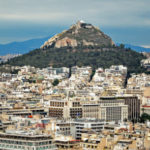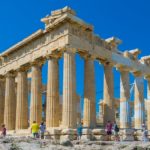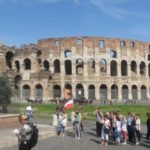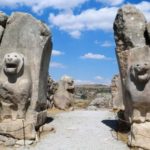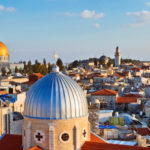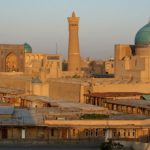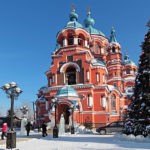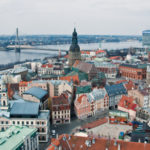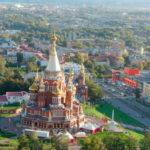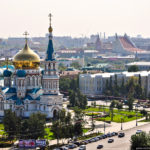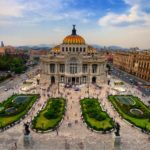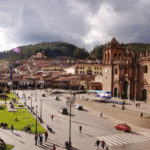Athens
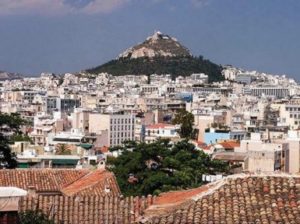 Athens – the capital of Greece, the city played a decisive role in the formation of Western culture. Already in those days of independent states, it was the center of culture. Later, with the rise of the Roman Empire, it turned into a provincial city, having lost its significance, but the contribution to the development of civilization was already fully given away. The time has passed and now the city of Athens – once again the capital of Greece, the center of its cultural, political and economic life.
Athens – the capital of Greece, the city played a decisive role in the formation of Western culture. Already in those days of independent states, it was the center of culture. Later, with the rise of the Roman Empire, it turned into a provincial city, having lost its significance, but the contribution to the development of civilization was already fully given away. The time has passed and now the city of Athens – once again the capital of Greece, the center of its cultural, political and economic life.
As follows from the above, Athens is of interest not so much material heritage – for example, ancient buildings and monuments – although there is enough of it there in abundance – as an integral layer composed of the same architecture, museum exhibits, literary works, historical chronicles and philosophical works .
Historically, Athens was located around the Acropolis, which was a fortification, where residents could flee in the event of an attack on the city. Now in this area is the tourist center of the city, the Acropolis itself has turned into a museum with a large number of sculptures of gods and heroes in it. In addition to them – a collection of ancient Greek ceramics, bas-reliefs of prints. Objects of this kind can also be found in the National Archaeological Museum.
As for the objects of medieval art, the icons, shrouds and elements of the interior decoration of the temples of that era are stored in the Byzantine Museum.
In general, Athens is rich in a wide variety of museums. Of course, most of them cover the sphere of history, culture and life of Greece. But besides this, there is also the Theater Museum – after all, it is known that the theater originated in Ancient Greece, the Museum of Greek Folk Instruments, the Museum of Applied Art – with an emphasis on studying the culture of the peoples of Cyprus and the Aegean Sea, the Children’s Museum – representing the creativity of children under 14 years old, museums mail, numismatics, museum ships.
The monastery of Caesariani, named after the founder, appeared in Athens in the XI century, having won recognition and respect, prominent clerics from Constantinople read sermons in it. This monastery successfully survived the occupation of Greece by the Crusaders and the Turkish conquests, gaining even greater brilliance during the latter.
Also, tourists are advised to visit the numerous Athens stadiums. This city honors and continues the ancient Greek tradition, one can even say philosophy, which presupposes a harmonious development of both the mind and the human body.
